Inhibition of Cancer Growth and Metastases by Preparations Based on Shark Oil
Inhibition of Cancer Growth and Metastases by Preparations Based on Shark Oil
Lipid-rich extracts from several shark organs have strong anti-angiogenic activity. Experiments using both culture and animal models established that dilution of this extract with olive enhanced the activity synergistically.
This combination has also been found to be very effective at inhibiting the growth of melanomas in mice. However, it was found to have relatively minimal effect at inhibiting the growth of cultured melanoma cells and of a number of other types of tumour cells in culture. This suggested that the shark oil olive oil mix (known as Super Maco) had little effect on the cancer cells themselves. Thus the in vivo inhibitory effect must be predominantly on the angiogenesis and other activities that are associated with cancer growth and spread. It has also been established that the Super Maco was non-toxic in animals.
An investigation of the mechanism of action of Super Maco has shown that it can inhibit the activity of several growth factors that are known to promote angiogenesis. For one of these, VEGGF, the Super Maco binds to its receptors and as a result inhibits the activation of angiogenesis.
A second generation preparation based on Super Maco is being researched. A unique extract has been prepared from Phellinus linteus mushroom and combined with Super Maco. This mushroom extract is β-glucan free and is also lipid-rich. Several combinations of these have been shown to have increased anti-angiogenesis activity. When tested on melanoma in mice these mixtures were even more potent than the Super Maco or mushroom extract alone. There is also evidence that this mix may be active when used for treating lung cancer. Safely and non-toxicity has also been confirmed for this product.
Research is currently in progress to evaluate the effectiveness of lipid-rich extracts from other species of mushroom when combined with Super Maco.
-
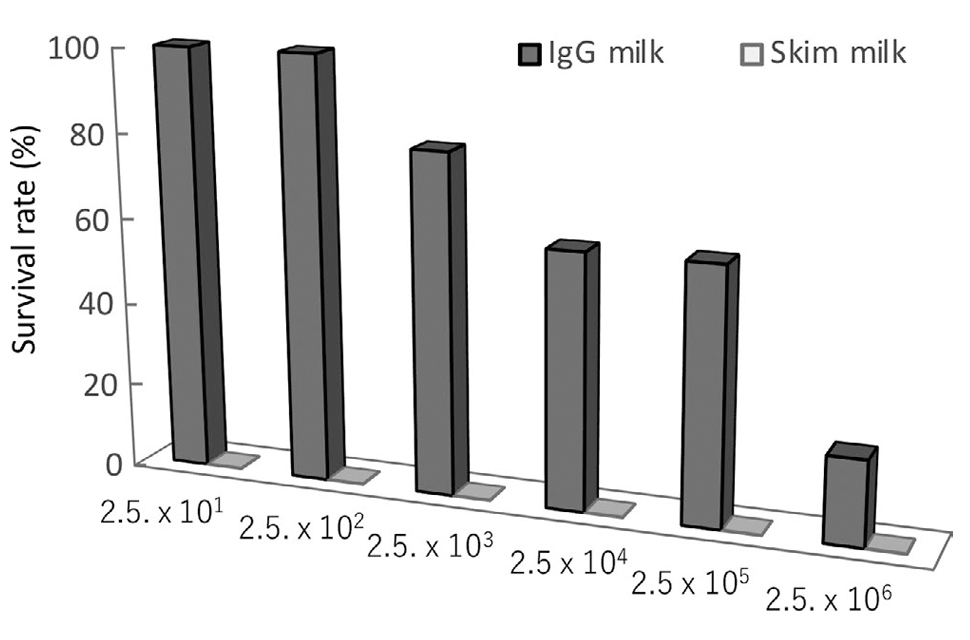 Enriched bovine IgG fraction prevents infections with Enterohaemorrhagic Escherichia coli O157:H7, Salmonella enterica serovar Enteritidis, and Mycobacterium avium
Enriched bovine IgG fraction prevents infections with Enterohaemorrhagic Escherichia coli O157:H7, Salmonella enterica serovar Enteritidis, and Mycobacterium avium
-
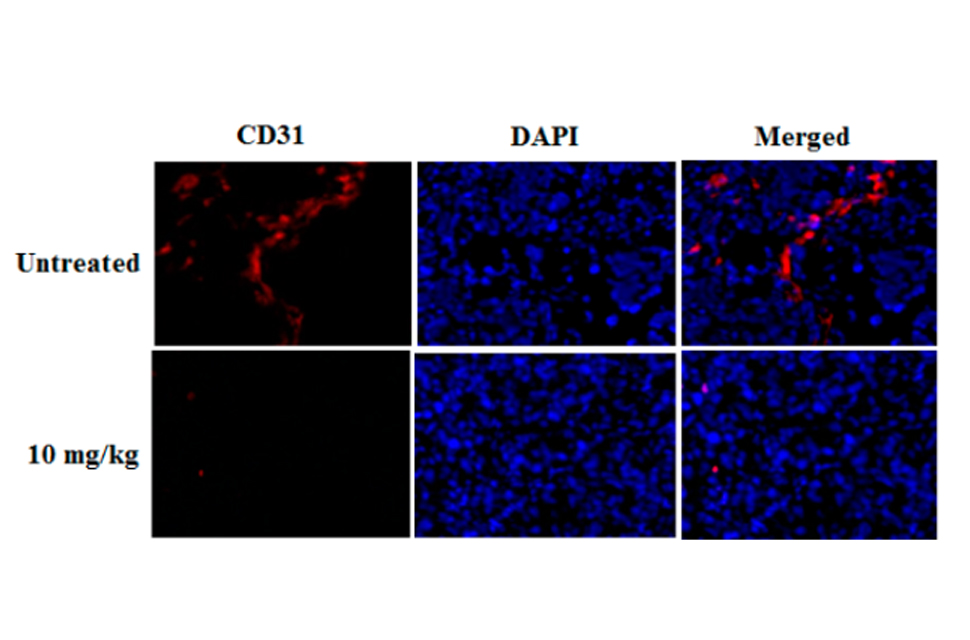 New Natural Pigment Fraction Isolated from Saw Palmetto: Potential for Adjuvant Therapy of Hepatocellular Carcinoma
New Natural Pigment Fraction Isolated from Saw Palmetto: Potential for Adjuvant Therapy of Hepatocellular Carcinoma
-
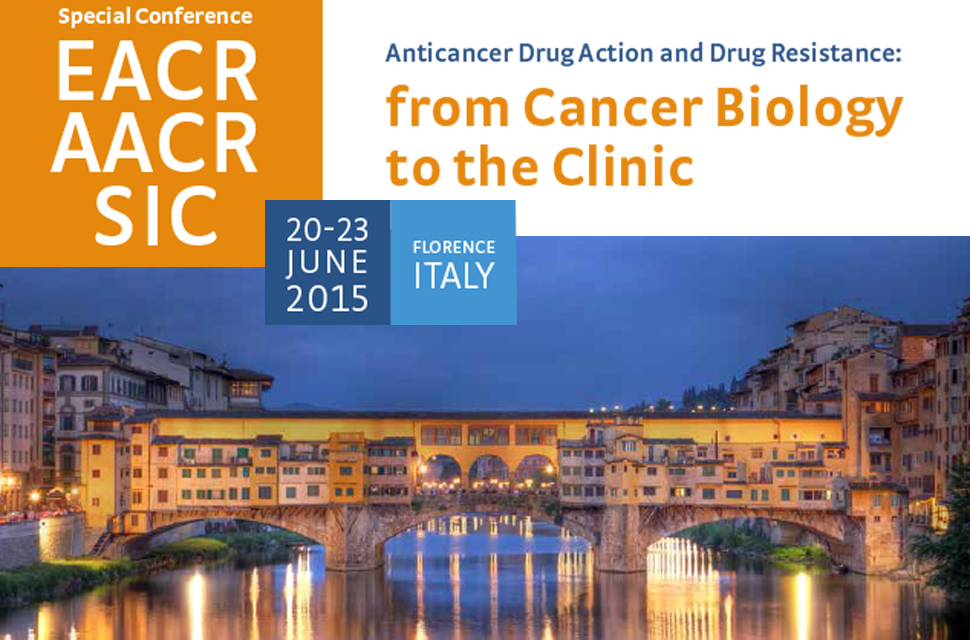 Red pigment from Saw palmetto: A natural product for potential alternative cancer treatment
Red pigment from Saw palmetto: A natural product for potential alternative cancer treatment
-
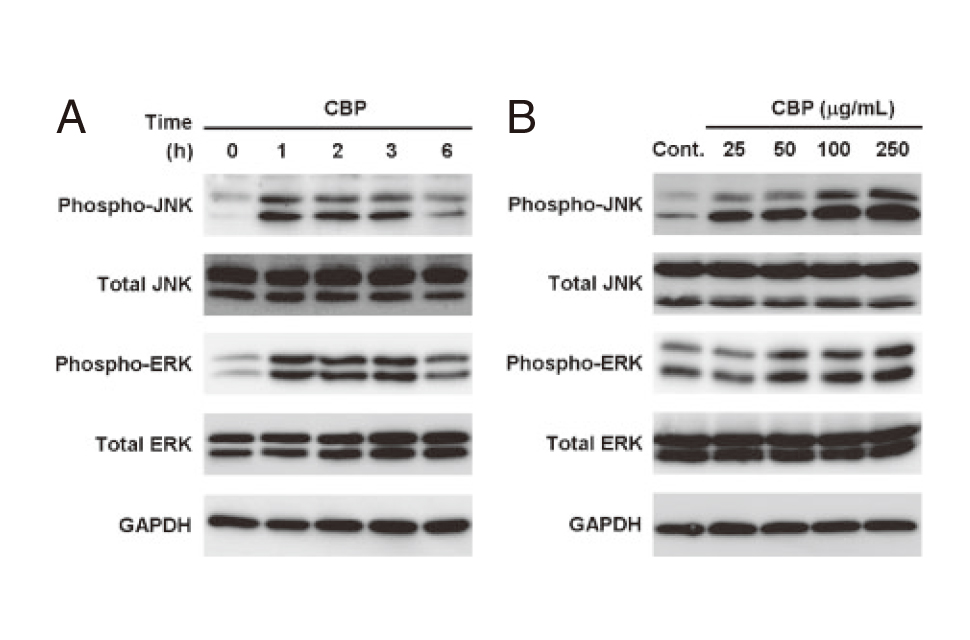 CBP Facilitate Osteogenesis through Activation of the JNK-ATF4 Pathway
CBP Facilitate Osteogenesis through Activation of the JNK-ATF4 Pathway
-
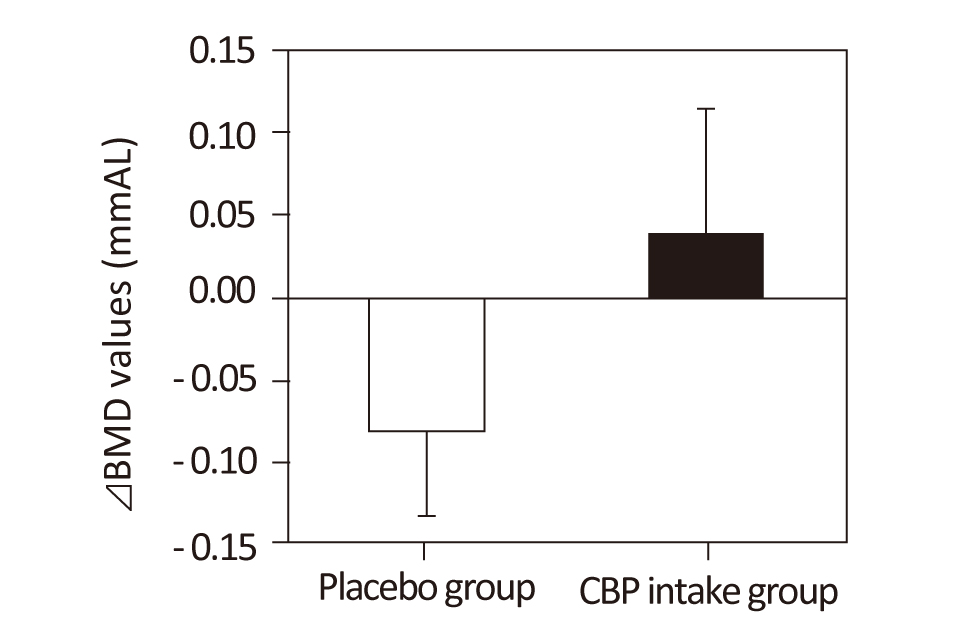 Concentrated-Bovine protein (CBP) increases Bone Mineral Density
Concentrated-Bovine protein (CBP) increases Bone Mineral Density
-
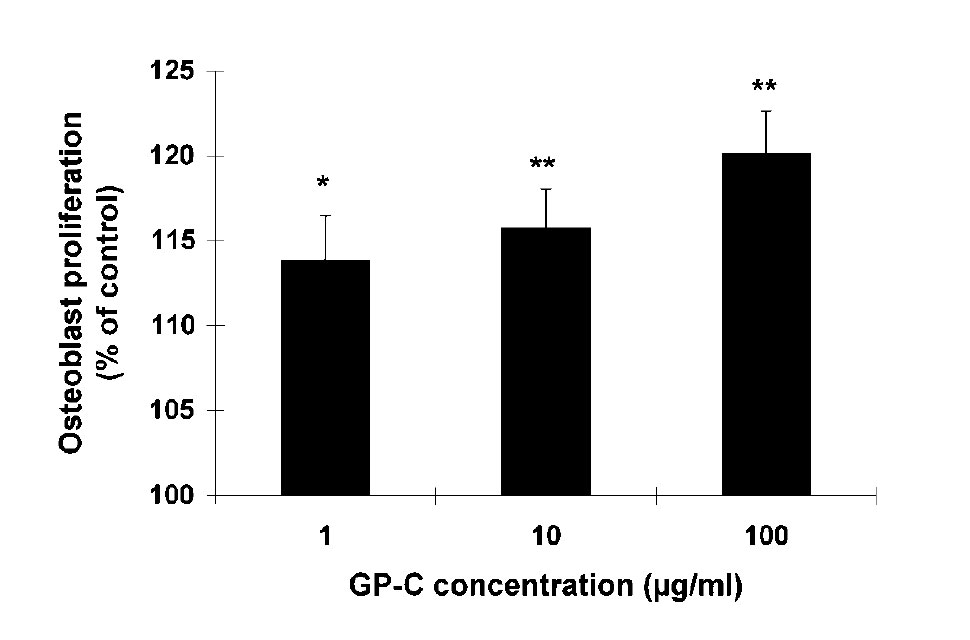 Effect of a Growth Protein-Colostrum Fraction on Bone Development in Juvenile Rats
Effect of a Growth Protein-Colostrum Fraction on Bone Development in Juvenile Rats
-
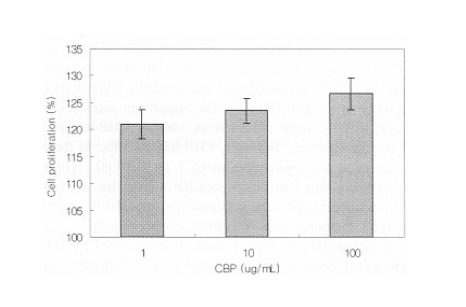 Effects of Colostrum Basic Protein from Colostrum Whey Protein: Increased in Osteoblast Proliferation and Bone Metabolism
Effects of Colostrum Basic Protein from Colostrum Whey Protein: Increased in Osteoblast Proliferation and Bone Metabolism
-
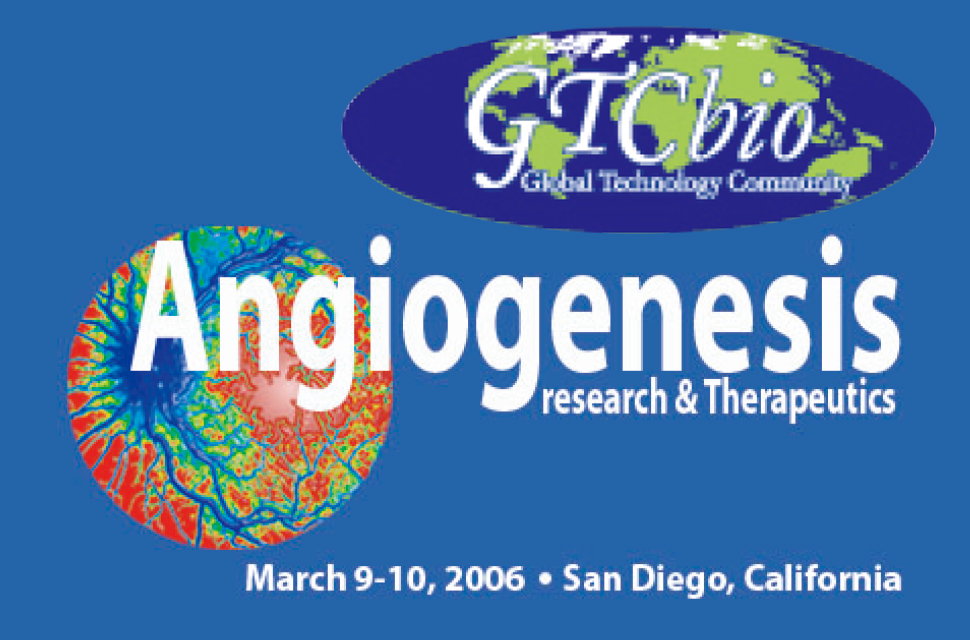 An Ethanolic extract from a shark having potent anti-angiogenic activity: its anti-angiogenic mechanism and clinical application
An Ethanolic extract from a shark having potent anti-angiogenic activity: its anti-angiogenic mechanism and clinical application
-
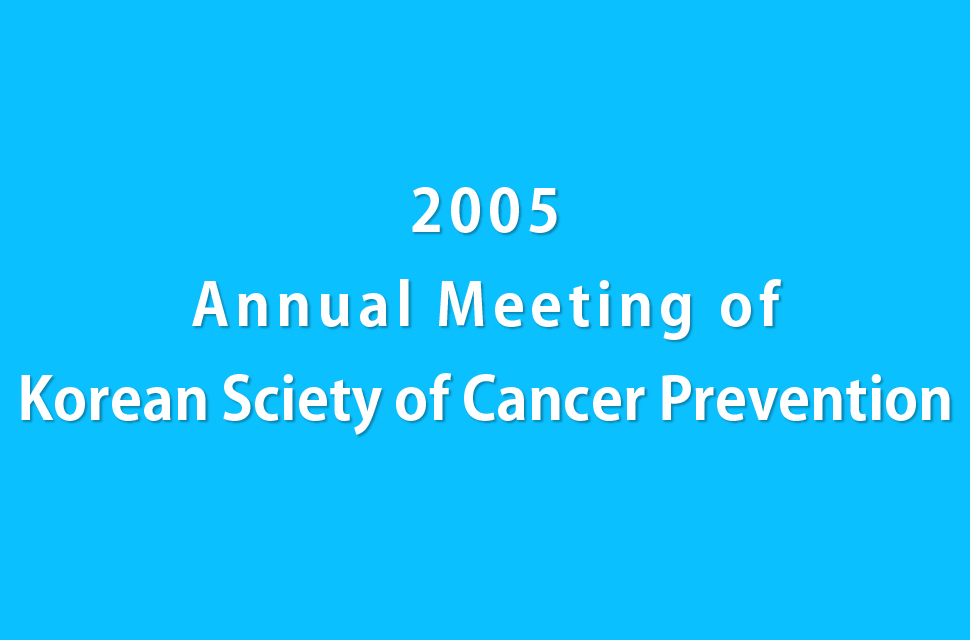 Shark Lipids for Treatment of Malignant Diseases
Shark Lipids for Treatment of Malignant Diseases
-
 Inhibition of Cancer Growth and Metastases by Preparations Based on Shark Oil
Inhibition of Cancer Growth and Metastases by Preparations Based on Shark Oil
-
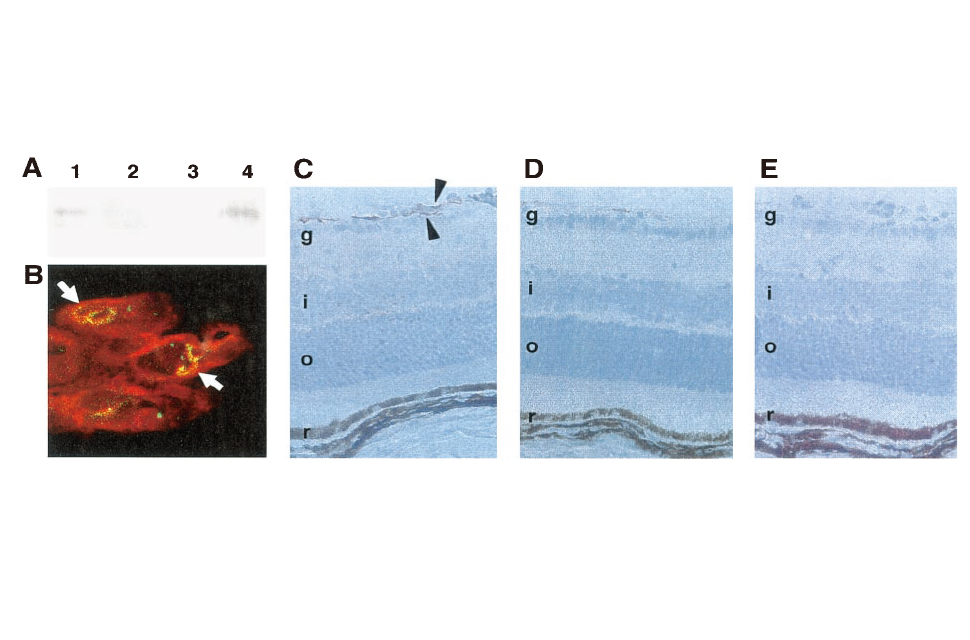 Leptin Stimulates Ischemia-Induced Retinal Neovascularization
Leptin Stimulates Ischemia-Induced Retinal Neovascularization
-
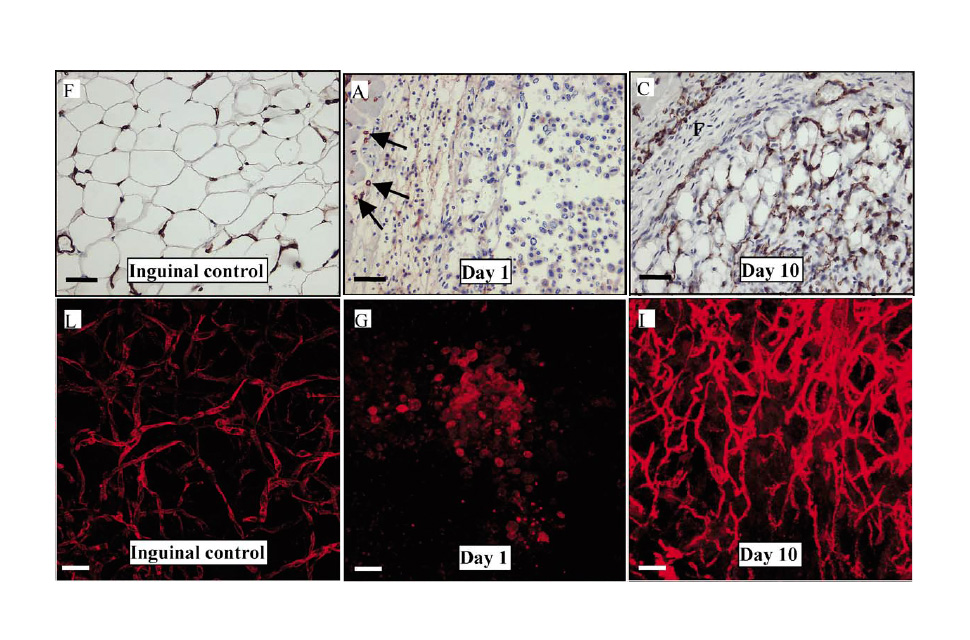 Angiogenesis in an in vivo model of adipose tissue development
Angiogenesis in an in vivo model of adipose tissue development
-
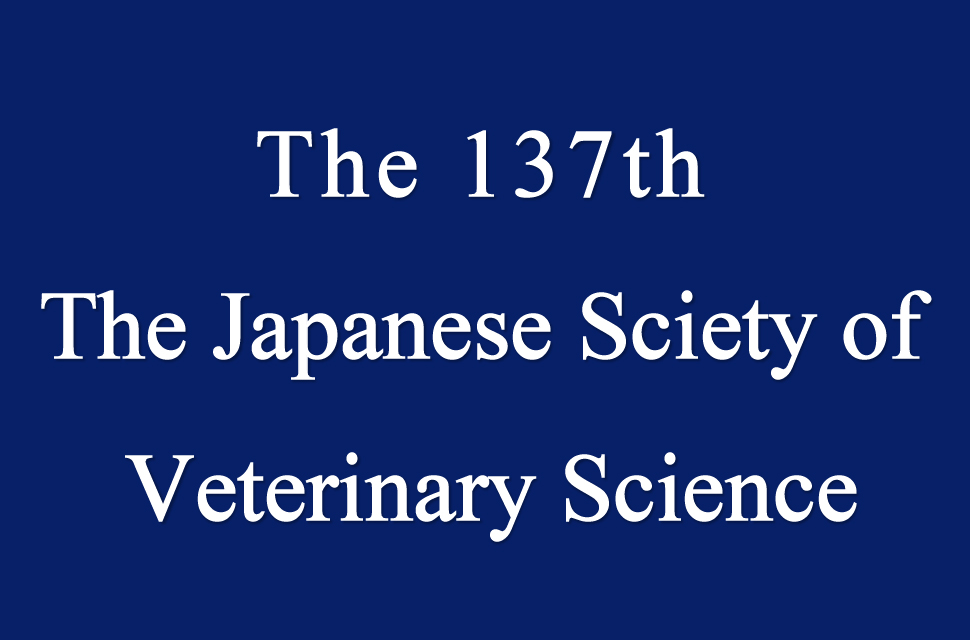 The effects of functional foods, such as Agaricus, Pleurotus cornucopiae (Paulet) Rolland var. citrinopileatus (Sing.) Ohira. , Hericium erinaceum, Arabinoxylan, Shark cartilage and Shark extracted lipid on growth of implanted Mouse LM8 Dunn osteosarcoma
The effects of functional foods, such as Agaricus, Pleurotus cornucopiae (Paulet) Rolland var. citrinopileatus (Sing.) Ohira. , Hericium erinaceum, Arabinoxylan, Shark cartilage and Shark extracted lipid on growth of implanted Mouse LM8 Dunn osteosarcoma
-
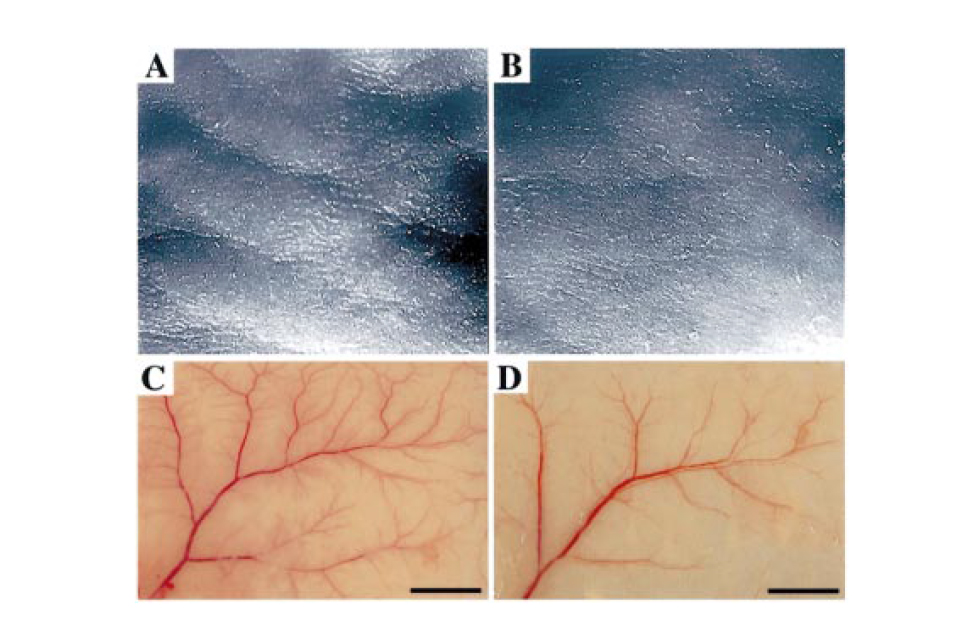 Targeted Overexpression of the Angiogenesis Inhibitor Thrombospondin-1 in the Epidermis of Transgenic Mice Prevents Ultraviolet-B-Induced Angiogenesis and Cutaneous Photo-Damage
Targeted Overexpression of the Angiogenesis Inhibitor Thrombospondin-1 in the Epidermis of Transgenic Mice Prevents Ultraviolet-B-Induced Angiogenesis and Cutaneous Photo-Damage


